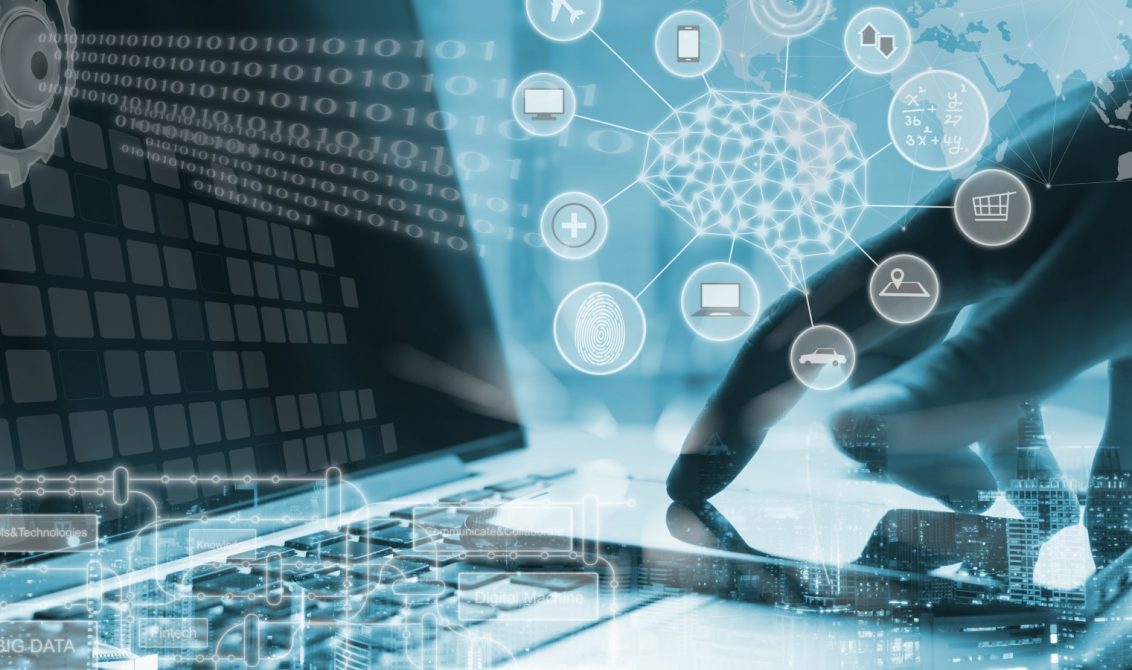
Independent learning scientist Rose Luckin says artificial intelligence has the potential to revolutionise education, “but never replace teachers.” So, what now?
The next step – and more
“Artificial intelligence is not just the next step in innovative learning,” says Rose Luckin, a self-described learning scientist at University College London. “It’s so much more.”
“This technology can identify emotional states of students as well as their meta-cognitive states,” she says, “and tailor learning accordingly.” Previous forms of technology fell far short of this kind of capability.
(“Meta-cognitive” generally means a self-awareness of what you may not yet know. Rose recently co-authored a paper titled “Intelligence Unleashed: An argument for AI in Education.”)
Rose says artificial intelligence in education, also called ‘AIed’, can also further facilitate deeper collaboration between learners—and help teachers differentiate their instruction in order to meet every learner’s needs.
“There’s even one-on-one tutoring through artificial intelligence,” she says, “which is one of the gold standards of learning. So many students get left behind because of classes that are too large or limited access to quality teachers,” Rose says. “Assistance from artificial intelligence education could make learning across the globe far more equal.”
Never replacing teachers
“AIed can do things that were previously not possible in the classroom,” says Rose Luckin. “But it will not replace the teacher.”
She acknowledges the ‘gorilla in the room’: the fear that new AI technology will take over teaching from teachers, to save money and build scale… Not true, she says. “There are still areas, however, where human intelligence cannot be automated.”
“A teacher, for example, can have a particular intuition about a student based on knowledge that teacher may have about home life or other experiences outside of school,” she says. “This teacher may simply decide a student needs a break – a computer can’t do that… Teachers are the full package and more!”
“Their job is so much more than, say, just teaching maths,” she says. “The breadth of a teacher’s skill is still so much more important than the depth of any particular learning technology.”
Laurie Forcier is another co-author of “Intelligence Unleashed.” She says, even with the aid of artificial intelligence, learning and teaching remains “a deeply human experience.”
Note: This article has been adapted from an original article published here.

